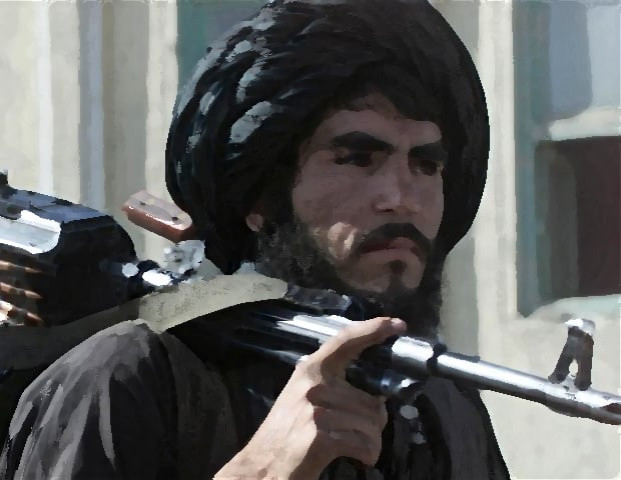Endless negotiations: Peace talks - Yay or nay?
Discussion on efficacy of talks brings crucial insights to light.

Discussion on efficacy of talks brings crucial insights to light. PHOTO: REUTERS
There is a definitive difference of opinion over the nature and potential outcomes of ongoing peace talks between the government and the Tehreek-e-Taliban Pakistan (TTP).
Such a disagreement was witnessed among experts on Monday at a panel discussion at the Sustainable Development Policy Institute (SDPI) on whether the talks could actualise peace.
Among those opposed to peace dialogue in its current form was panellist Zahid Hussain, a journalist and security expert. “If peace can be reached, that’s great. But the way the whole negotiations are being conducted, I don’t think it can deliver peace.”
Hussain said all previous peace deals between the government and militants ended in failure, claiming that they were always broken by the militants first. He did not advocate an all-out military operation in place of the talks, but called for a “coherent strategy” to enforce its writ and curb militancy.

On the contrary, former ambassador Ayaz Wazir supported the idea of talks with the TTP without justifying or defending the militants’ position. Wazir’s core argument was that if the military’s presence could have brought peace to the tribal areas, the past 10 years should have done the trick.
He said some of the demands unofficially associated with the TTP committee, such as withdrawal of Pakistani troops from the tribal regions, were also the demand of many residents of the Federally Administered Tribal Areas (Fata).
Another panellist, Lieutenant General (retd) Talat Masood, said the demand for Shariah rule associated with the TTP was an attempt to capture power and compete with democracy and constitution in the country. Masood said military presence is necessary in the area for border management and the foremost requirement for the state is to maintain its writ by eliminating sanctuaries for militants.
Hussain argued that the basis of the talks, which
have brought an outlawed organisation on equal footing with the state, is wrong and legitimises the past activities of the TTP.
Nadeem Afzal Gondal, a former Pakistan Peoples Party legislator challenged the composition of the government committee.

Gondal highlighted the broader geopolitical context of domestic conflict and the need for regional cooperation to end extremism.
Hussain agreed with Gondal and said people in the government committee seem to share the Taliban’s ideology. “So in a way, it is a dialogue within the Taliban,” he said.
Meanwhile, Jamiat Ulema Islam-Fazl spokesperson Jan Achakzai said there should be “across-the-board political ownership” while dealing with militancy, and talks with TTP should be supported with some local conflict resolution mechanism involving tribal leaders.
Wazir brought to attention the plight of the Fata residents, who have long suffered under the draconian Frontier Crimes Regulation. Panellists argued that there was no denying that Fata’s residents should be provided basic services and the same level of development as the rest of the country. The speakers did however agree that all state institutions should be on the same page for addressing militancy-related issues.
Published in The Express Tribune, February 11th, 2014.



















COMMENTS
Comments are moderated and generally will be posted if they are on-topic and not abusive.
For more information, please see our Comments FAQ